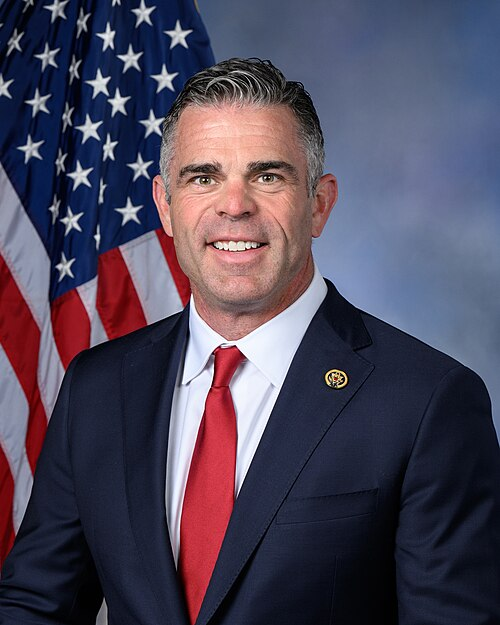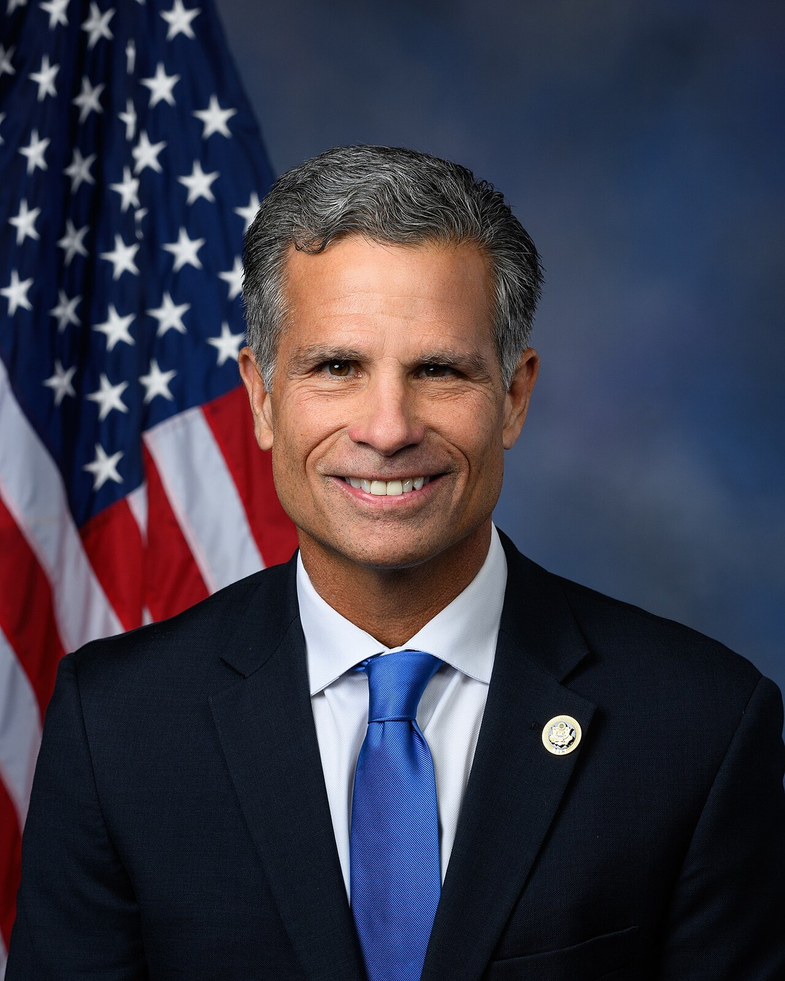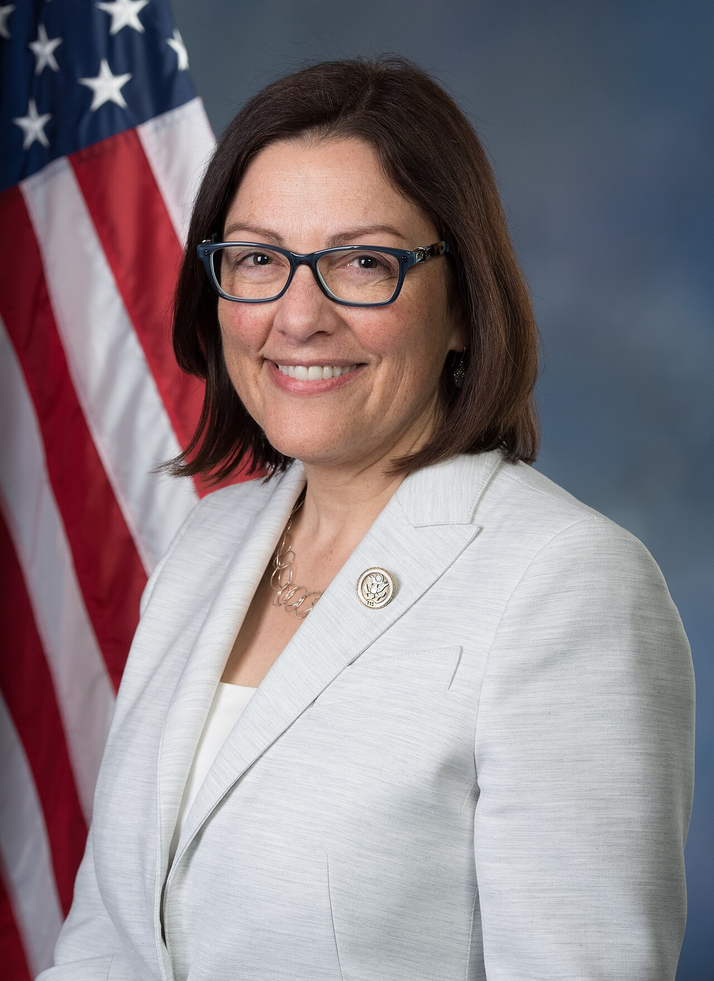S. 1561: Securing and Enabling Commerce Using Remote and Electronic Notarization Act of 2025
This bill, known as the Securing and Enabling Commerce Using Remote and Electronic Notarization Act of 2025, aims to establish regulations for electronic and remote notarizations that involve interstate commerce. Here’s a breakdown of what the bill does:
Authorization for Electronic and Remote Notarizations
The bill authorizes notaries public to conduct notarizations for electronic records and for individuals who are not physically present (remotely located individuals) if these transactions affect interstate commerce.
Minimum Standards Established
The bill sets minimum requirements for electronic and remote notarization processes, which include:
- The notary's electronic signature must be linked to the electronic record.
- For remote notarizations, individuals must use communication technology to present themselves to the notary.
- The notary must verify the identity of the remotely located individual through various methods, including personal knowledge or credible witness affirmation.
- A recording of the notarization process must be made and retained for a defined period.
Validity of Notarizations in Federal Courts
All federal courts are required to recognize notarizations performed by notarial officers from any state, provided these notarizations are valid under the laws of the notary's state or this Act. The bill guarantees that notarizations using electronic or remote methods hold the same legal weight as traditional notarizations.
Interstate Recognition of Notarizations
Each state must acknowledge notarizations conducted by notarial officers of other states if the notarization adheres to the laws of the notary's state or this Act, enhancing the portability of notarized documents across state lines.
Optional Nature of Electronic and Remote Notarization
The bill clarifies that notaries are not obligated to perform electronic or remote notarizations unless they choose to do so.
State Authority Preserved
States retain the power to create their own regulations regarding notarization practices, including establishing higher standards of care for notaries. State laws that enact or adopt the Revised Uniform Law on Notarial Acts are not overridden by this bill.
Personal Presence Requirements Addressed
If a state or federal law mandates personal attendance for notarizations, this requirement will be satisfied if the individual appears remotely using approved technologies, provided the notarization relates to interstate commerce or a public act.
Liability and Rights of Individuals
Failure to meet specific requirements in this Act does not invalidate notarizations. Individuals may still seek to challenge the validity of notarizations under other state or federal laws, regardless of the provisions in this Act.
Severability Clause
The bill contains a severability clause, ensuring that if any part is deemed invalid, the remaining provisions remain effective.
Relevant Companies
- GOOGL - Google could be impacted as a provider of communication technology that may be used for electronic and remote notarizations.
- MSFT - Microsoft might be affected due to its role in providing software solutions that can facilitate secure electronic communications and notarization processes.
This is an AI-generated summary of the bill text. There may be mistakes.
Sponsors
5 bill sponsors
Actions
2 actions
| Date | Action |
|---|---|
| May. 01, 2025 | Introduced in Senate |
| May. 01, 2025 | Read twice and referred to the Committee on the Judiciary. |
Corporate Lobbying
0 companies lobbying
None found.
* Note that there can be significant delays in lobbying disclosures, and our data may be incomplete.





















































